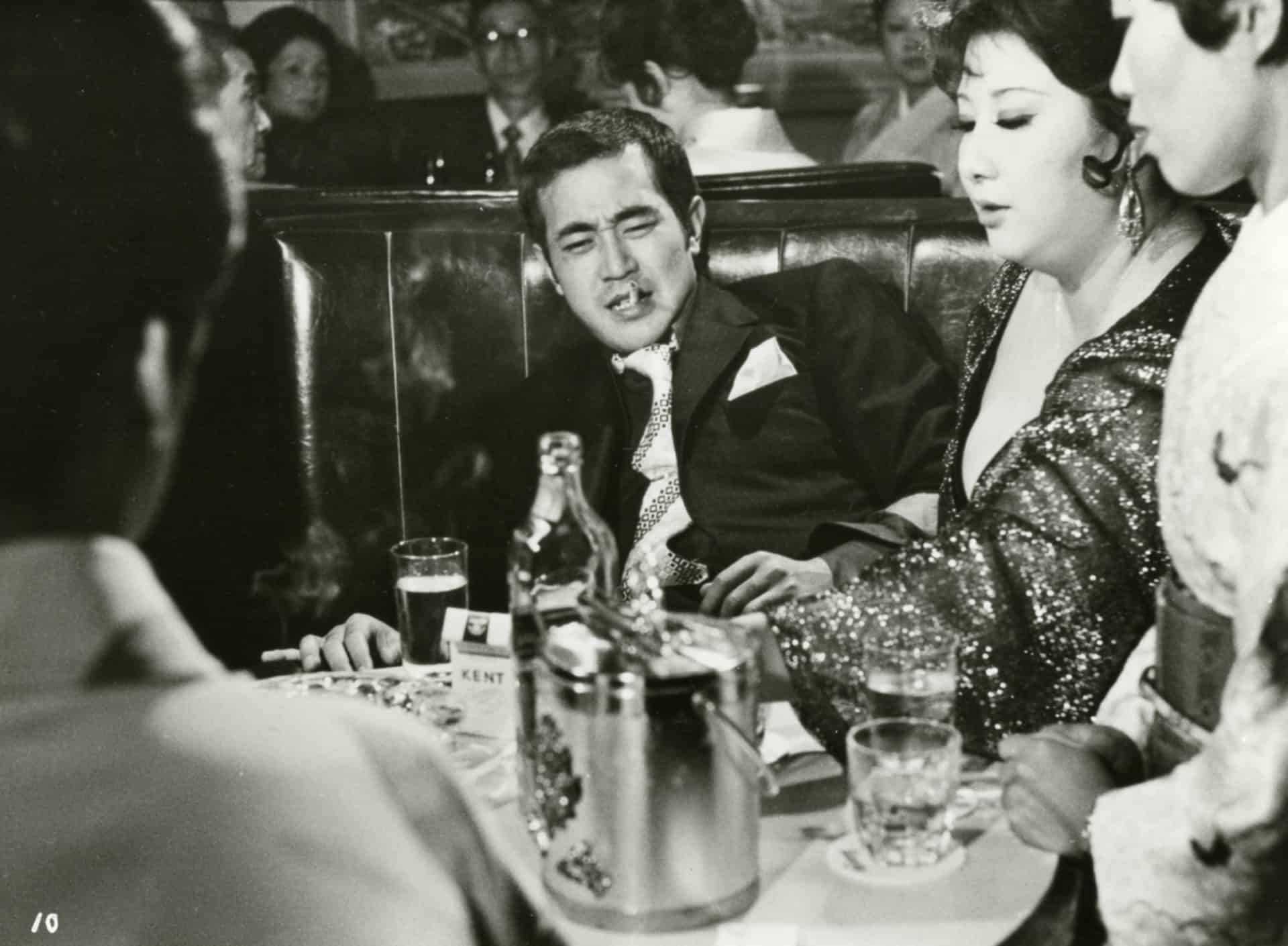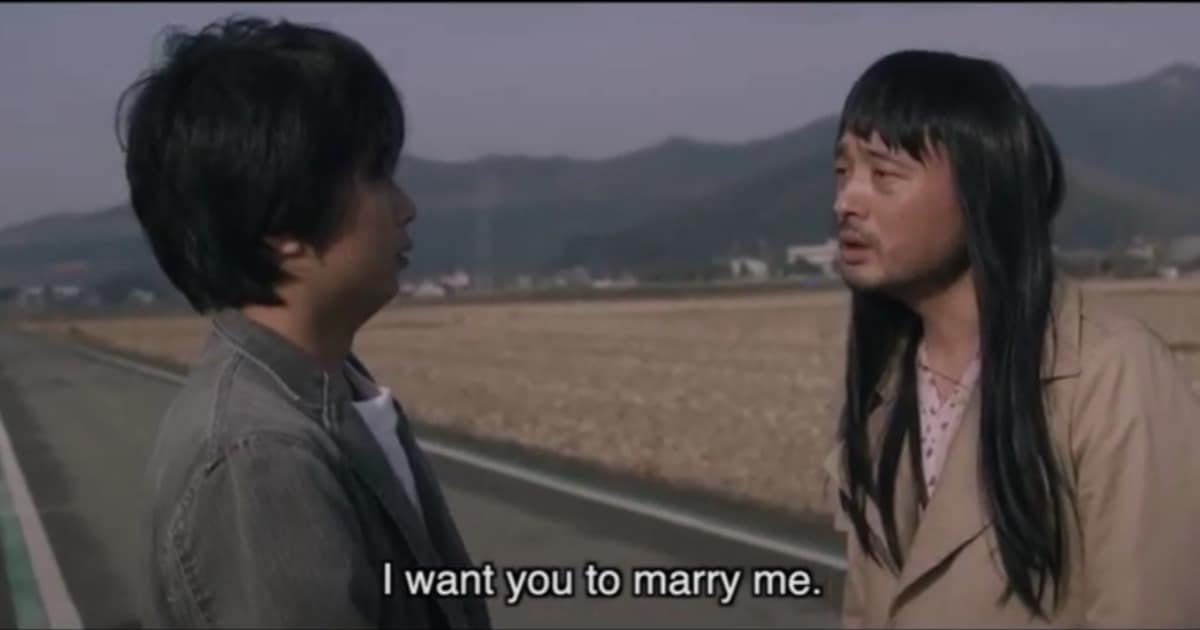Yoji Yamada's 92nd film, which is based on the novel “Kinema no Kamisama” by popular multiple prize-winning novelist Maha Harada, inspired by her own family and experiences, is also a commemoration of Shochiku Films' centennial, and particularly its trademark style, ‘Bright and Cheerful Shochiku Cinema'
“It's a Flickering Life” is screening at Toronto Japanese Film Festival

Goh is an elderly man who has always had problems with gambling, forcing his wife Yoshiko and daughter, Ayumu, to bail him out a number of times, despite the fact that he had repeatedly promised not to do it again. This time, however, neither his daughter nor his wife are willing to help once more, with the latter taking over all his financial matters on her hands, and sending him back to deal with his second big passion, cinema. Goh now has to go back to his old friend and associate from the days he worked as assistant director, Terashin, who owns a repertory cinema. The two of them start reminiscing about the past, while Goh's grandson, Yuta, has some very ambitious plans for his grandpa.
Yoji Yamada directs a film that unfolds in two axes, one in the present and one in the past, with the two eventually intermingling as the movie closes in on the finale. The first one unfolds like a family drama, with the problems Goh is causing his family being the main topic, and the tension between him and his daughter (played by an excellent as always Shinobu Terajima) being the most appealing element, at least until the grandson comes to the fore. Particularly the way Ayumu is fed up with her mother for not leaving him after so much suffering, is particularly entertaining to watch, while it also becomes, essentially, the reason for presenting the past arc, in a clear effort by Yamada to “absolute” Goh, at least to a point.
This second arc is actually on a whole higher level than the previous one, with the dealings of the two young men, Goh and Terashin, with cinema and two women who shaped their life, being particularly appealing. The latter's dream of becoming a director, and his passion for gambling, that had actually started from his youth, and the love of both friends for one girl, Yoshiko, whose family ran a diner, plus their dealing with famous actors, actresses and directors of the era, fill the narrative with a very appealing sense of nostalgia, and enough drama to entertain every viewer. Add to that the presence of a true star in the “gang of four”, in a delightful performance by Keiko Kitagawa as Sonoko, an old fashioned eccentric director in the face of Lily Franky, Goh's effort to shoot his own movie, love and friendship, and you have a part that is as entertaining as they come, a fact that also benefits the most by the casting.
Where the narrative falters, however, to a point at least, is that the romanticized version of both arcs Yamada offers is rather unrealistic, an approach that is justified by Shochiku's trademark movie style, but still seems somewhat old fashion this day, where “true stories” and permeating realism seem to the rule. On the other hand, if somewhat perceives the movie as a fable, it works quite well, maybe with the exception of the ever present lagging towards the end.
Furthermore, the production values are top notch. Masashi Chikamori's cinematography captures both eras with realism, and with an intense coloring that adds to the nostalgia the film emits, with the movie about the movie aspect in particular, being quite appealing. The relatively fast pace also suits the overall aesthetics, while the flashbacks are ideally placed within the narrative in order for the story to make perfect sense. Lastly, Masaki Suda and Kenji Sawada as the young and elder Go give very fitting performances, rounding up an overall great cast.
“It's a Flickering Life” may be a bit naive or romanticized on occasion, but as a tribute to the golden era of Shochiku cinema and as a piece whose goal is to evoke nostalgia, it succeeds to the fullest, resulting in a rather entertaining movie.
















